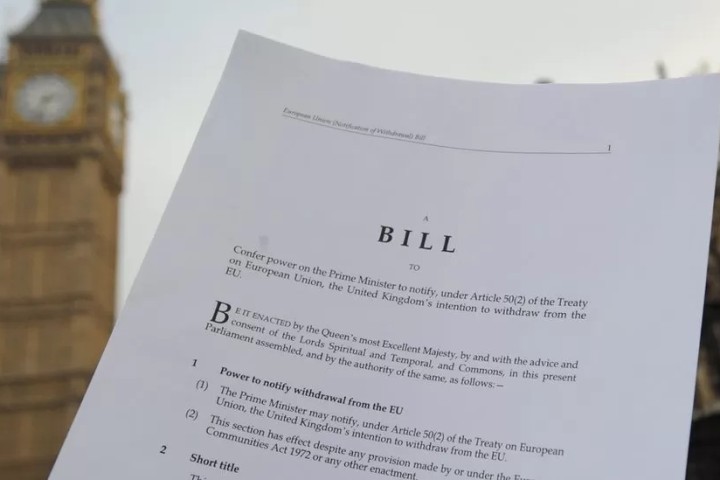Good news from the authorities this last week who have announced that they are going to make trade “more straightforward, efficient and sustainable”.
The likely outcome from the Electronic Trade Documents Act which has been adopted by the current government is that electronic trade documents will be granted the same legal status as physical trade documents.
The Act has been adopted with its provisions and is set to be introduced in September 2023.
Minister for Tech and the Digital Economy, Paul Scully, said: “The global container shipping industry generates billions of paper documents a year — and in reality there’s no need for the immense costs UK businesses have to face in producing them, and the detrimental environmental impact that this has.
"What may look to many of us as a small change to the law is something that will have a massive impact on the way UK firms trade and, in turn, is going to boost our economy by over £1bn over the next decade.”
Existing laws dating back to the 1800s previously meant that exporters and importers have had to use paper documents to transfer ownership of the goods they are shipping, he went on, creating a costly, inefficient and outdated way of working.
The Act also covers trade documents such as promissory notes, warehouse receipts, marine insurance policies, and cargo insurance certificates. The Government estimates that it could generate a net benefit of £1.14bn for the British economy over the next decade for UK businesses trading across the world. The British Chambers of Commerce (BCC) has agreed that the Act’s introduction in September will mark a transformational change in digitalising international trade.
Head of Trade Policy, William Bain, said that the BCC will work with colleagues in the International Chambers of Commerce, and with Chambers and businesses across the UK to ensure the full benefits of digitalisation are felt in increased global trade.
The course that is being plotted following on from this enactment is very similar to nations and trading blocs throughout the world that are laying the foundations for a digitised trade window.
Countries have already taken great steps forward with regards to the roll out of these type of processes, in particular Egypt which has been involved with a programme called Cargo X which helps traders transfer documents of title and other documents.
Cargo X is a highly encrypted system and also allows the transfer of ownership of the documents. Based on a neutral, public blockchain, which enables an audit trail of events only to the participants involved, you can upload or create documents - and then transact them, just like through a bank, in a decentralized environment.
Cargo X is a digital platform that allows importers and exporters to securely transfer shipping documents using blockchain technology whereby a unique ACID (Advance Cargo Information Declaration) number is issued via Cargo X for each shipment.
As an early adopter of the technology, Egypt has catapulted itself to the forefront of the changes taking place in the digitalisation of global trade.






















